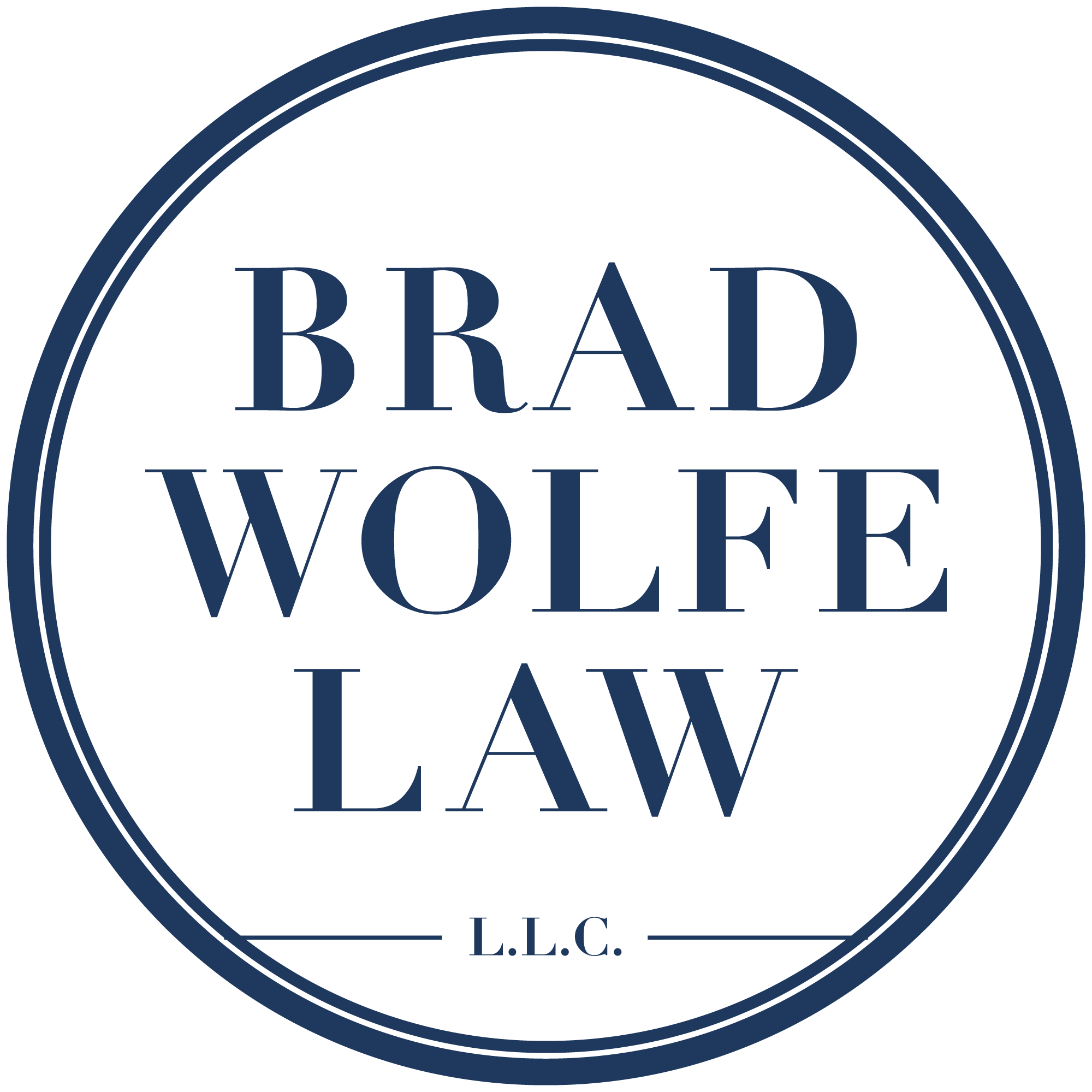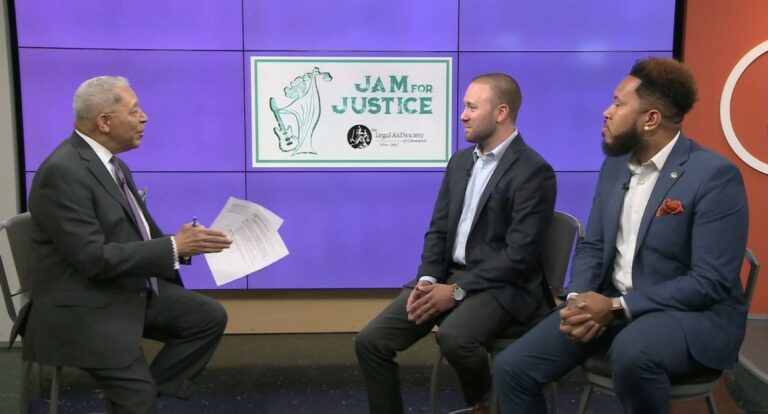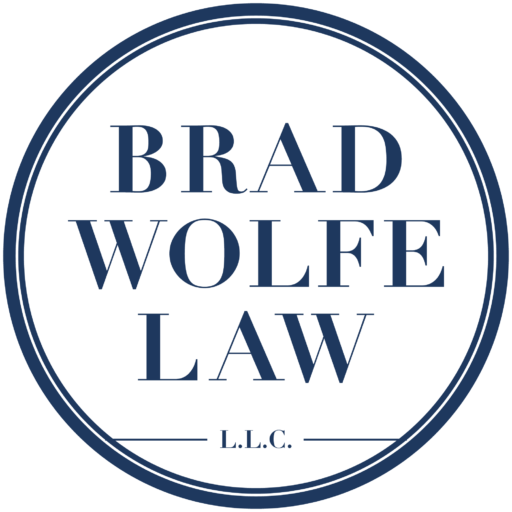On June 30, 2021, the Supreme Court of Pennsylvania overturned the 2018 sexual assault conviction of Bill Cosby. Cosby has served more than two years of his three-to-ten-year prison sentence and was released today. In its opinion, the court cited prosecutorial mistakes and indicated that Cosby cannot be retried on the same charges.
The primary issue pertains to the original District Attorney’s handling of the matter based on its determination that there was insufficient, credible, and admissible evidence upon which any charge against Cosby related to the particular accuser could be proven beyond a reasonable doubt. At that time, the original District Attorney determined that a civil lawsuit would be a better option than a criminal trial which likely would not have prevailed in the Commonwealth’s favor. Cosby relied on this assurance from the original District Attorney and engaged in multiple depositions without claiming protections of the Fifth Amendment. A resolution was ultimately reached with the plaintiff for $3.38 million. However, nearly a decade later, a new District Attorney used Cosby’s depositions, and admissions, to reopen the criminal case which resulted in the instant conviction.
The Pennsylvania Supreme Court ruled “when a prosecutor makes an unconditional promise of non-prosecution, and when the defendant relies upon that guarantee to the detriment of his constitutional right not to testify, the principle of fundamental fairness that undergirds due process of law in our criminal justice system demands that the promise be enforced.” The court further found that, “Cosby did not invoke the Fifth Amendment before he incriminated himself because he was operating under the reasonable belief that [the District Attorney’s] decision not to prosecute him meant that ‘the potential exposure to criminal punishment no longer exist[ed].’”
The second issue of relevance was the introduction of testimonies at trial from five prior bad act witnesses, which Cosby claimed violated his due process rights. The basis for Cosby’s argument was that the testimony of these witnesses, who were unrelated to the matter which he was on trial for, detailed other incidents which were too remote in time and too dissimilar to have probative value, let alone probative value sufficient to overcome the unduly prejudicial impact of such evidence. The trial court, however, found that the testimony of the five prior bad act witnesses, as well as parts of Cosby’s deposition testimony, were admissible to demonstrate Cosby’s common plan, scheme, or design, which is an exception to the evidentiary rule that typically prohibits the introduction of “prior bad act evidence.” The trial court also allowed the evidence to be admitted on the basis that it showed Cosby’s actions were not the result of mistake or accident. The appellate court did not overrule the trial court. The Supreme Court of Pennsylvania ultimately found this issue to be moot due to the Commonwealth’s overarching preclusion from prosecution.
This opinion is a powerful reminder that “prosecutors are more than mere participants in our criminal justice system” and that “as prosecutors are vested with such ‘tremendous’ discretion and authority, the law has long recognized the special weight that must be accorded to their assurances.” Plainly put by the court, “interactions between a prosecutor and a criminal defendant, including circumstances where the latter seeks enforcement of some promise or assurance made by the former, are not immune from the dictates of due process and fundamental fairness.”
* * *







